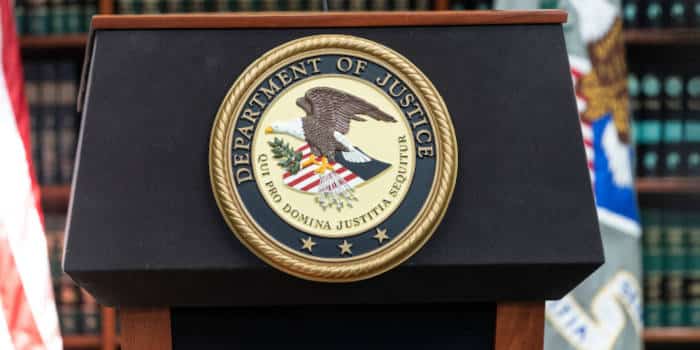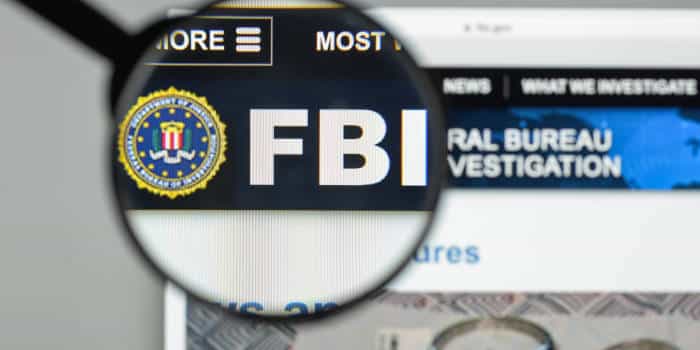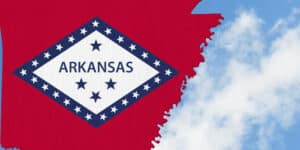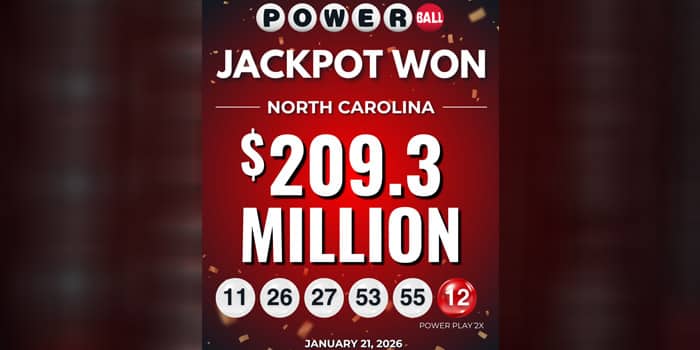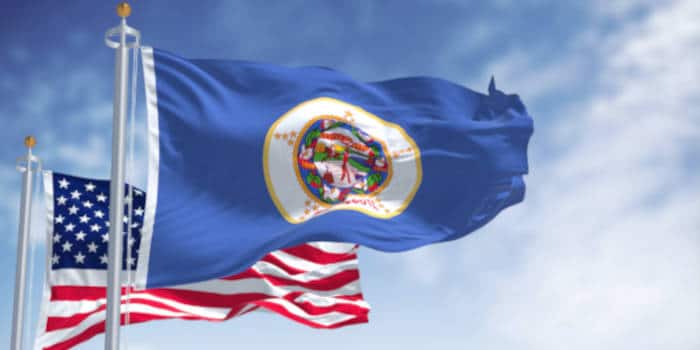Old Math Hides Real Effect of Pennsylvania’s Casino-Backed Property Tax Cuts
The Department of Education, which oversees the distribution of tax relief, acknowledged that it continues to rely on data from 2002 to allocate funds among Pennsylvania’s 500 school districts
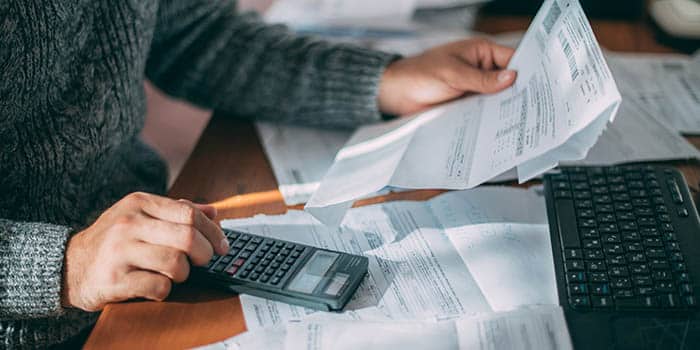
For almost two decades, Pennsylvania homeowners have seen their property taxes go down thanks to money from casinos. This year, over $1 billion will go out to lower local school taxes, the most since the program started. However, people are asking if the 20-year-old math used to figure out these payments still matches what is happening in the state’s economy today.
Pennsylvania’s Property Tax Relief Still Runs on 2002 Data
Pennsylvania’s Homestead and Farmstead Exclusion programs, established under the 2006 Taxpayer Relief Act, give yearly cuts in school property taxes to homeowners who qualify. These programs get their money from a 34% tax on slot machine earnings, which made up about $6.4 billion of total casino income last year, reported Trib Live. The Pennsylvania Gaming Control Board reports that slot machines brought in around $2.4 billion, while online gaming added a similar amount.
The Department of Education, which has the responsibility to hand out the tax relief, admitted that the system still uses data from 2002 to divvy up funds among the state’s 500 school districts. Things like district wealth, enrollment, and tax collections have not been updated in over 20 years, even though the population and economy have changed a lot since then.
In real life, this means people who own homes in fast-growing areas might not get help that matches their bigger population or higher property values. Meanwhile, areas where fewer people live could still gain from old calculations. Take Allentown, for example. Property owners there will save about $1,032 on their school tax bills for 2025–2026. However, in the Mars Area School District, residents will see around $102 in savings. In parts of Westmoreland County, where they have not updated property values since 1972, savings fall between $130 and $172.
Calls Mount to Revisit Pennsylvania’s Casino-Funded Property Tax System
George Dunbar, a former state representative and Gaming Control Board member, said the relief is real, but often goes unnoticed. Many residents, he pointed out, do not see the Homestead deduction on their tax bills when mortgage escrow accounts handle payments.
Even so, the fund’s growth has not kept up with rising education costs. Analysts like Elizabeth Stelle from the Commonwealth Foundation argued that while gambling revenue provides welcome relief, it cannot offset the growing dependence on property taxes to fund schools. She also stressed that outdated data distorts how the benefits are shared.
Some local officials, including Plum Borough’s financial manager Ryan Manzer, say they like the steady stream of funds but would back a statewide data update to mirror current growth trends. Lawmakers disagree on whether to take another look at the formula. State Sen. Jay Costa says the system still works but admits that reviewing it could help ensure fairness. Others think the bigger issue is how Pennsylvania funds public education as a whole, not how it hands out casino money.
Silvia has dabbled in all sorts of writing – from content writing for social media to movie scripts. She has a Bachelor's in Screenwriting and experience in marketing and producing documentary films. With her background as a customer support agent within the gambling industry, she brings valuable insight to the Gambling News writers’ team.

